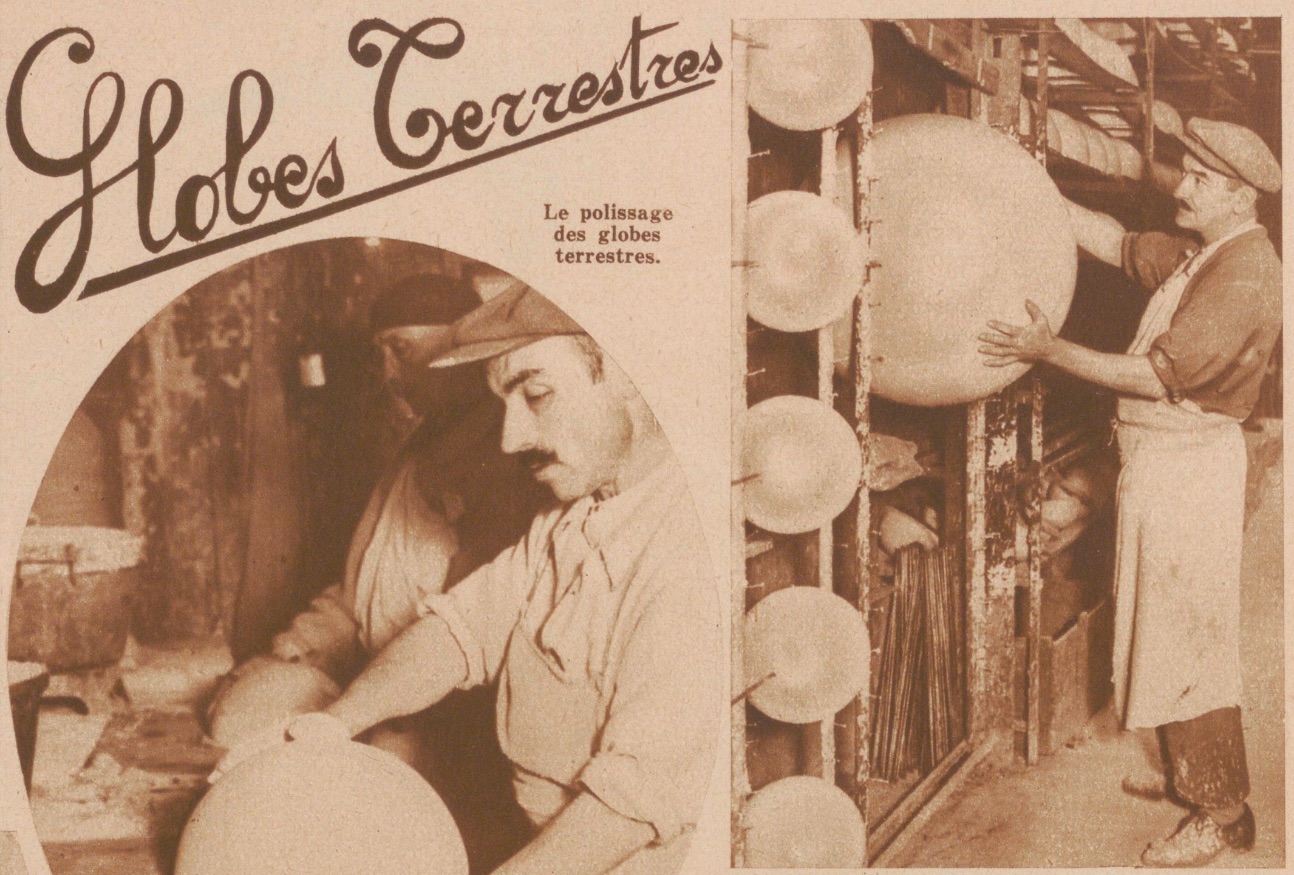
14th Annual ESPRit conference: “Periodicals and the World”
9-11 September 2026, Royal Library of Belgium (KBR), Brussels
Since their inception, periodicals have travelled across regions, reporting on local and global events and developments, sharing perspectives across borders, and shaping public discourse on what constitutes the ‘world’. In recent years, periodical studies have dramatically expanded their geographical focus, increasingly examining transnational and global trajectories. This shift has also redefined the place of ‘Europe’ in the field. Once viewed as the birthplace of the periodical, Europe has been reframed as one of many locations where periodicals thrived.
The 14th ESPRit conference, held at the Royal Library in Belgium (KBR), will explore questions prompted by the concept of ‘world’. Periodicals occupy a place in the world and construct their own specific world views. Across history, they have played a significant role in shaping and framing, as well as challenging and questioning, various conceptions of the world. Magazines and newspapers have always also been worlds unto themselves, governed by specific laws, traditions and visions. These internal dynamics evolved over time, influenced by forces both local and global. And while we group periodicals together—by topic, place or politics, among others—each publication’s internal world is also quite unique.
We invite researchers to reflect on the place of periodicals in the world and on the ‘world’ of periodicals. Potential topics include, but are not limited to:
Local and global networks, collaborations and trajectories
Local and global infrastructures, markets and readers
The local and global circulation of images, texts and forms
Periodicals as material objects in the world
The world and the periodical page: headlines, lay-out, margins, supplements
Periodicals as shaping but also challenging world views
The place of ‘Europe’ in periodicals and periodical studies: Which Europe? Which world?
Periodicals and notions of worldliness, worlding, mundanity, cosmopolitanism
Periodicals and histories of expansion, empire, capitalism, globalization, decolonization
Concepts and scales for global periodical studies: local/global, national, continental, hemispherical, centre/periphery, planetarity, transnationalism, internationalism, multilingualism
Different types of periodicals and how they envision the world
Periodicals and newspapers
Periodicals and global movements, world literatures, travel, migration, tourism, exile
The periodical as a world with its own internal dynamics
The world of the archive and the digital world
Methodologies for global periodical studies: close/distant reading, network analysis, digital humanities, visual analysis
…
We welcome proposals from researchers at all stages in their careers. Proposals of up to 300 words for individual 20-minute papers and a short biographical note should be sent to esprit2026@vub.be. We also welcome proposals for joint panels of three (20 min) or four (15 min) papers. Please include a brief rationale for the panel along with an abstract and short biographical note for each presenter. Presentations should preferably be given in English but may be accompanied by slides with quotes in other languages.
The deadline for abstracts is 7 January 2026.
As part of the conference, a postgraduate workshop will be held on the morning of 9 September. The Call for Papers for this training workshop will be circulated separately.
Please note that we cannot facilitate online presentations during the conference due to resource restrictions. We hope you understand and point you to the regular ESPRit seminar series which issues open calls for online panel presentations on a regular basis: https://www.espr-it.eu/.
Keynotes:
Stefano Evangelista (University of Oxford)
Barbara Mittler (Universität Heidelberg)
Chris Ouma (Duke University)
Organising committee:
Chiara Cremona (Vrije Universiteit Brussel)
Benoît Crucifix (KBR/KU Leuven)
Clément Dessy (Université libre de Bruxelles)
Dirk Vanden Berghe (Vrije Universiteit Brussel)
Sofie Vandepitte (KBR/KU Leuven/Ghent University)
Cedric Van Dijck (Vrije Universiteit Brussel)
Birgit Van Puymbroeck (Vrije Universiteit Brussel)
James Vliexs (Université libre de Bruxelles/Paris-Nanterre)
Scientific committee:
Maaheen Ahmed (Ghent University)
Francesca Billiani (University of Manchester)
Béatrice Joyeux-Prunel (Université de Génève)
Michelle Prain Brice (Universidad Adolfo Ibáñez)
Marysa Demoor (Ghent University)
Brecht Deseure (KBR/Université libre de Bruxelles)
Priti Joshi (University of Puget Sound)
Florence Le Cam (Université libre de Bruxelles)
Mélodie Simard-Houde (Université du Québec à Trois-Rivières)
Andrew Thacker (Nottingham Trent University)
Beatrijs Vanacker (KU Leuven)
Marianne Van Remoortel (Ghent University)
Barbara Winckler (Universität Münster/Orient-Institut Beirut)
Ka Ki Wong (Hong Kong Shue Yan University)